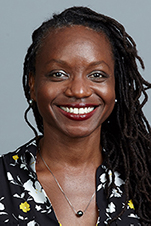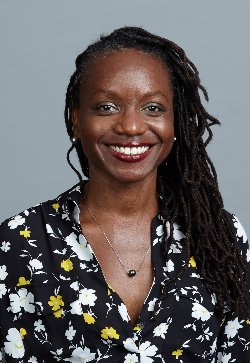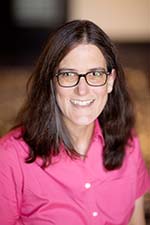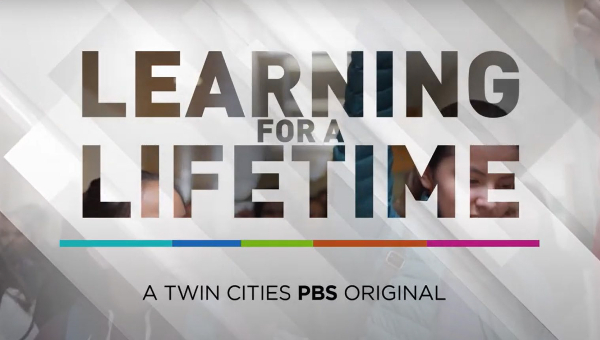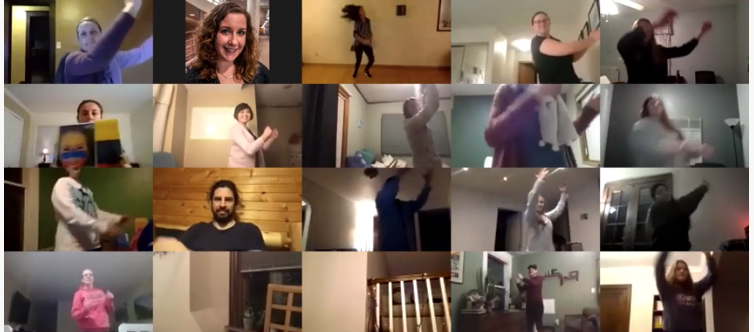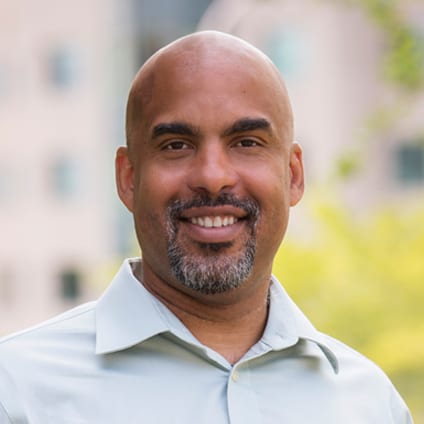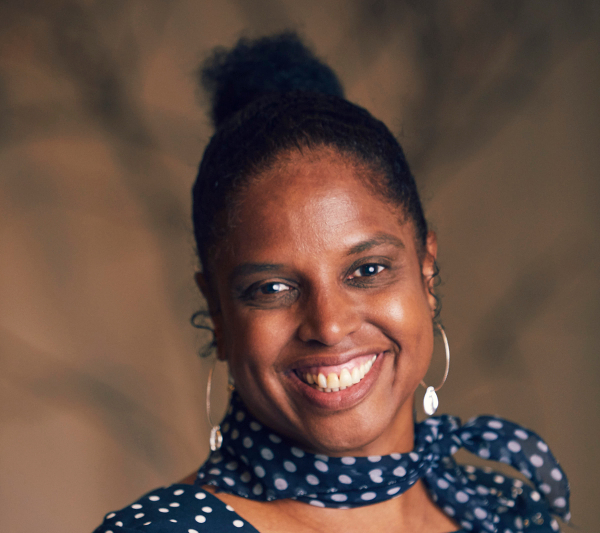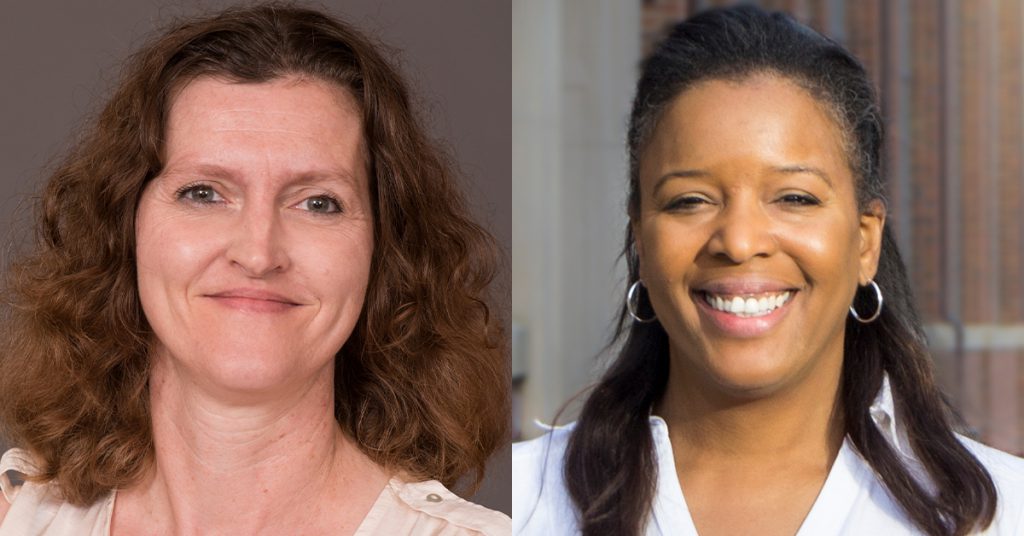Tabitha Grier-Reed has been named Associate Dean for Graduate Education and Faculty Development for CEHD, effective July 1. In this role, she will provide leadership for CEHD graduate education programs. This includes program development and review, consistent with CEHD’s vision for diversity, equity, and inclusion. In addition, she will provide leadership for CEHD faculty development initiatives, ensuring college and department support of all faculty through annual reviews, promotion, and tenure.
“Dr. Grier-Reed brings depth of scholarship, expertise, and experience to the Dean’s Office. I have had the fortunate distinction of working with Tabitha on a number of projects, and look forward to bringing her commitment to student development to the table for faculty development,” said Interim Dean Michael Rodriguez. “Her role as co-chair for the President’s Initiative on Student Mental Health (PRISMH) will be impactful system wide, and help guide CEHD in a positive developmental pathway forward.”
Grier-Reed is a licensed psychologist and a professor in the Department of Family Social Science. She has a BS in psychology from Tuskegee University and MA and PhD degrees in educational psychology from the University of Minnesota. Her areas of expertise include higher education; student development; and racialized labor, culturally relevant practice, and cultural health. She is a member of the American Psychological Association, the Society of Counseling Psychology, and the Society for the Psychology of Women. She is also a past president of the Minnesota Psychological Association. In addition, Grier-Reed has a long history of advocating for faculty issues at the University level as a member of the Senate Committee on Faculty Affairs, the Faculty Consultative Committee, and the Faculty Senate. In fact, this spring she will be honored with the President’s Award for Outstanding Service to Senate Governance. Currently, along with her leadership role for PRISMH, Grier-Reed serves on the Provost’s Task Force for Disability and Instructional Accommodations.
“I am excited, invigorated, and humbled by the prospect of becoming the next Associate Dean for Graduate Education and Faculty Development, and I can think of no better dean to serve with than Michael Rodriguez in support of the CEHD community.” Grier-Reed said, “I once read that ‘…humble individuals should fret and strain to equal the challenge of an awesome exhilarating nature.’ This quote calls out to me now and speaks to my own aspirations as well as those I have for the college—that we may rise to meet the challenge of our awesome, exhilarating nature. I look forward to supporting graduate students, faculty, and postdocs through my new position.”

